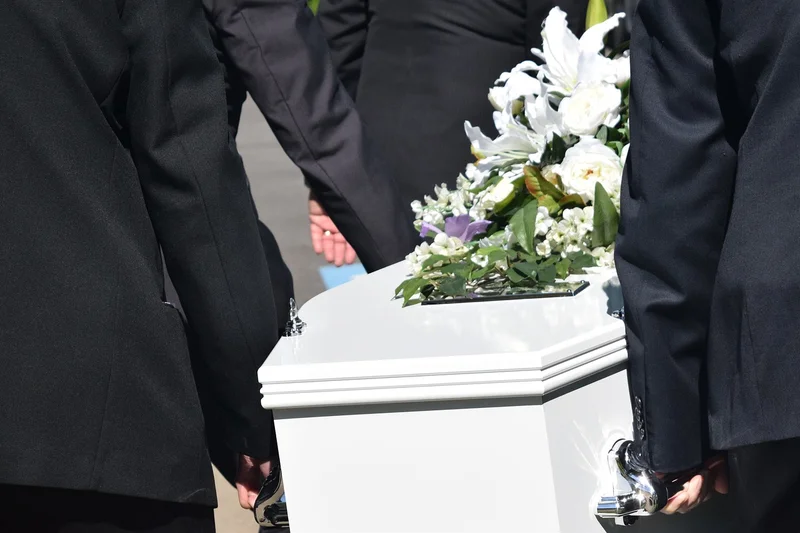After someone dies, a funeral is often held. Funerals are a sad but necessary affair. Check out this list of four types of funeral processes.
Table of Contents
1. Traditional Funeral
A traditional funeral service consists of a visitation. During the visitation, the deceased’s relatives and friends are given the chance to view and honor his or her body. If it is an open casket ceremony, the deceased’s physical body will need to be embalmed in order to be displayed. Traditional funerals often end with a reception wherein the deceased’s loved ones eat, mingle, and share fond memories of him or her. Look into traditional funeral service Bernardsville NJ to learn more about them.
2. Direct Burial
Direct burials are much cheaper than traditional ones since they do not consist of lengthy ceremonies. The deceased is placed in a box, rather than a fancy funeral casket, and buried immediately after passing. Family members, friends, and religious leaders can be present at the burial, but a viewing of the body will not take place. For many, direct burials are less stressful than traditional funeral services.
Visit Also: How much does cremation cost
3. Full-Service Cremation
A person who wishes to be cremated but also wants loved ones to view his or her body and engage in ceremonial practices can choose to have a full-service cremation. Prior to the individual’s cremation, a visitation will be held; the deceased’s embalmed body will be showcased and people will be able to pay their respects.
4. Direct Cremation
Direct cremation is the process of incinerating an individual’s body right after he or she dies. After the cremation, the ashes are placed in a container and given to the deceased’s relatives. The relatives can keep the ashes, bury them, or scatter them somewhere significant. Note that direct cremation is a very inexpensive funeral option.
The processes involved in burying or cremating a loved one can be sorrowful. However, they can also provide people with a great deal of closure and peace.
Read Also: What Is Proper Western Funeral Etiquette?


2 thoughts on “4 Types of Funeral Processes”